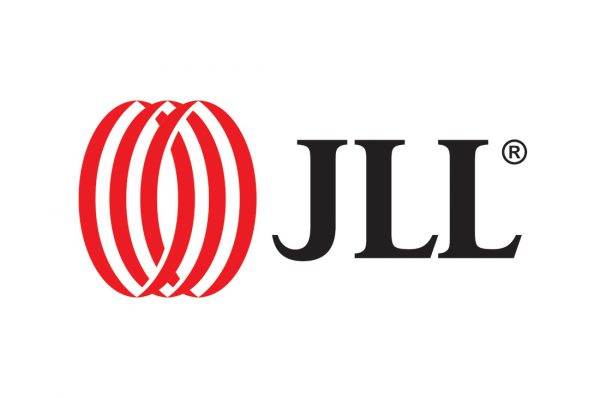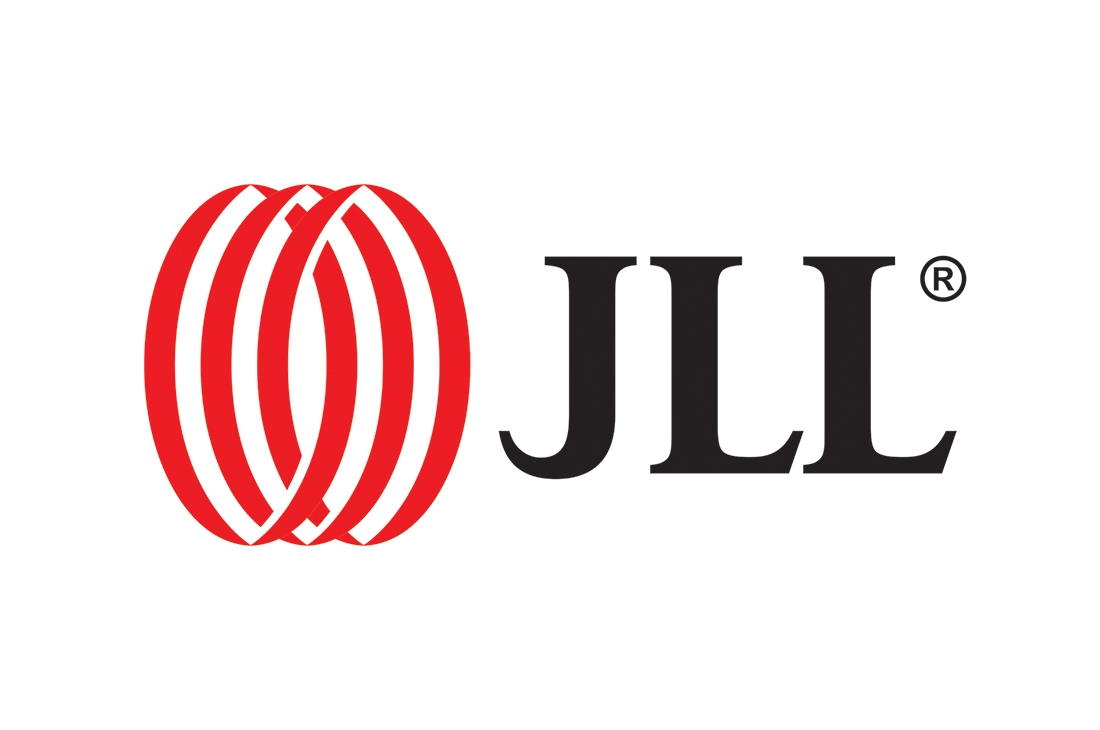SHANGHAI, 2 September 2020: Prospects for the Greater China hotel market remain positive with the sector showing signs that it is relatively well-positioned to recover from the Covid-19 pandemic.
According to JLL (NYSE: JLL), major Chinese markets such as Sanya and Shanghai have already recorded a meaningful rebound in hotel occupancy owing to the resumption of both domestic leisure and business travel. JLL expects Chinese domestic demand in the near-term to be further supported by constraints on international leisure travel.

Mainland China responded swiftly to the Covid-19 pandemic, instituting a broad lockdown in January, which immediately impacted the hotel market but more recently, has allowed for faster recovery than other regional markets. The impact of Covid-19 on upscale hotels’ occupancies in Sanya was considerably lower than in Beijing and Shanghai. Hotel occupancy at upscale hotels in Sanya for June (61.2%) and July (78.6%) 2020 was higher than pre-Covid-19 occupancy levels.
Month-on-month occupancy Shanghai upscale hotels were more robust than Beijing, registering continuous occupancy increases since March and accelerating in June (37.2%) and July (55.3%).
“Greater China saw a more pronounced decline in hotel occupancy in the earlier parts of the first half. However, in the second quarter of the year, green shoots began to emerge, particularly in Sanya, with pent up travel demand driving the resumption of domestic leisure trips, providing owners and investors with a sense of optimism heading into 2021,” says JLL Hotels & Hospitality Group vice president investment sales Greater China, Ling Wei Tan. “As international travel remains constrained, Chinese travellers who previously vacationed internationally are now taking their holidays domestically, which has resulted in the unique outcome of select Chinese leisure markets recording year-on-year growth in occupancies.”
According to JLL, Greater China has the advantage of a large domestic pool of domestic demand and robust 2019 investment activity. Mainland China was the second most active hotel transaction market in the Asia Pacific in 2019, recording RMB 14.3bn in transaction volume, or around 15% of the total hotel regional volume. Hotel transaction activity in Hong Kong increased by 17% year-on-year in 2019, mainly due to several landmark transactions but faced challenges in the second half of 2019.
Following on from robust 2019 activity, investors continued to display confidence in the Shanghai market in the first half of 2020. Despite short-term uncertainties arising from Covid-19, hotel transaction volumes in Shanghai totalled RMB4.1 billion in the first six months of 2020, representing a nearly a 60% year-on-year increase and offsetting a transaction volume decline in Beijing of over 80%. However, given the robust fundamentals of Beijing, investor interest is expected to remain strong, and transaction activities are anticipated to bounce back in early 2021.
In the second half of 2020 and into 2021, JLL is tracking several themes across major Greater China markets include:
- Some distressed opportunities: Expect more distressed opportunities surfacing in the market. However, properties are less likely to trade in the short-term due to the complex capital structures. Furthermore, it is likely that higher-level corporate distress and/or restructuring may drive asset sales instead of asset-specific distress.
- Serviced apartments, conversation and strata outperform: Assets that can bring stabilised or quick returns such as rental apartments, serviced apartments, or properties with conversion or strata-sale potential, will likely be preferred by investors looking at Mainland China opportunities.
- Foreign funds expand Mainland push: Domestic players will continue to dominate Mainland China hotel transactions market, but there is a growing number of foreign funds pairing up with local partners to acquire hotel assets and execute conversion and localisation plans.
- Hong Kong conversions: As the Hong Kong market struggles with the near-term challenges of COVID-19 and geopolitical uncertainty, conversion opportunities have the potential to drive transactions. The challenging environment is prompting hotel owners to further explore potential conversion opportunities to alternative asset types, such as serviced apartment, co-living or office, with older properties which are functionally obsolete being prime targets for conversion.
JLL’s Greater China Recovery Guide further identifies several strategic asset management initiatives that will likely gather pace as the market recovers into 2021.
Read more in JLL’s Greater China Recovery Guide.







